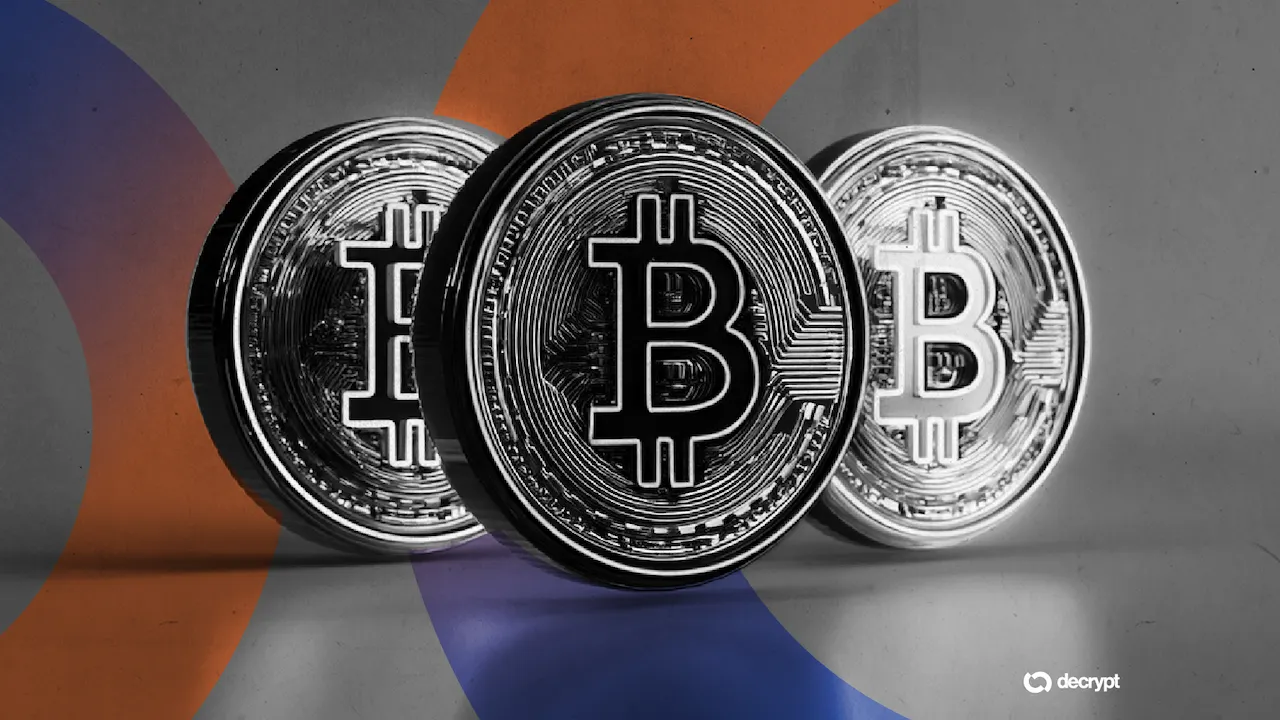
The Philippine Congress has proposed a bold legislative initiative aimed at establishing a national strategic Bitcoin reserve, instructing the Central Bank of the Philippines to gradually purchase 10,000 Bitcoins over the next five years and lock them for 20 years. The bill, introduced by Congressman Miguel Luis Villafuerte, is officially named the "Strategic Bitcoin Reserve Act" (House Bill No. 421). If passed, the Philippines will become one of the first countries in Asia to establish a sovereign Bitcoin reserve through formal legislation.
Core Content of the Bill
According to the bill, the Central Bank of the Philippines must purchase no more than 2,000 Bitcoins each year over five years and manage these reserves strictly according to trust and reporting requirements. The reserved Bitcoins can only be used to repay government debt after the 20-year lock-up period ends. The bill also requires the establishment of clear rules for custody, reserve proof, and disposal through laws and regulations to ensure transparency and standardization in reserve management.
Villafuerte emphasized in the proposal, "The importance of Bitcoin in ensuring financial and economic strength is increasingly recognized, and the nation must take significant legislative measures." He believes that reserving strategic assets like Bitcoin is crucial for supporting national interests and enhancing financial stability.
Local Crypto Community's Perspective
The Philippine cryptocurrency community has responded positively to the proposal but has also raised cautionary notes. Miguel Antonio Cuneta, co-founder of Satoshi Citadel Industries, the first licensed virtual asset provider in the Philippines, stated that this measure is an "asymmetric bet" that could bring long-term benefits to the Philippines. He pointed out that other countries, such as Bhutan, have accumulated Bitcoin and Ethereum through hydropower-supported mining, and Pakistan has announced similar plans, providing a reference template for the Philippines. Cuneta suggested that the government should diversify investments by allocating a small portion of assets to Bitcoin, a "new asset class with an incredible compound annual growth rate," while avoiding impacts on funding needs in other critical sectors.
Luis Buenaventura, cryptocurrency director at GCash, took a more cautious stance. He believes that while the proposal is unlikely to pass ultimately, it focuses public attention on Bitcoin and its growing role in global finance. He also noted that the bill could prompt law enforcement agencies to manage the crypto assets seized through raids more cautiously over the years.
Paul Soliman, CEO of blockchain infrastructure company BayaniChain, praised the bill as a "bold step," viewing Bitcoin as a "long-term, censorship-resistant, digital gold-like store of value." He emphasized that the transparency of Bitcoin reserves is its unique advantage, as the government only needs to disclose wallet addresses for public auditing, a level of transparency unprecedented in traditional finance. However, he also warned that volatility, the use of taxpayer funds, and the current gap in financial literacy are potential risks.
Future Outlook and Challenges
The implementation of the bill faces certain obstacles, including differences in legislative discussions and the public's lack of understanding of cryptocurrencies. Soliman suggested that through clear governance, prudent acquisition strategies, and investment in financial education, strategic Bitcoin reserves could serve not only as a hedging tool but also as a symbol of national accountability and generational security.
Unlike countries like the United States and Germany, which have accumulated Bitcoin through law enforcement seizures, the Philippine proposal explicitly requires the central bank to purchase Bitcoin as planned, demonstrating a more proactive strategic posture. Regardless of the final outcome, the proposal has sparked widespread discussion, highlighting the increasingly important role of Bitcoin in the global financial system.
免责声明:本文章仅代表作者个人观点,不代表本平台的立场和观点。本文章仅供信息分享,不构成对任何人的任何投资建议。用户与作者之间的任何争议,与本平台无关。如网页中刊载的文章或图片涉及侵权,请提供相关的权利证明和身份证明发送邮件到support@aicoin.com,本平台相关工作人员将会进行核查。



